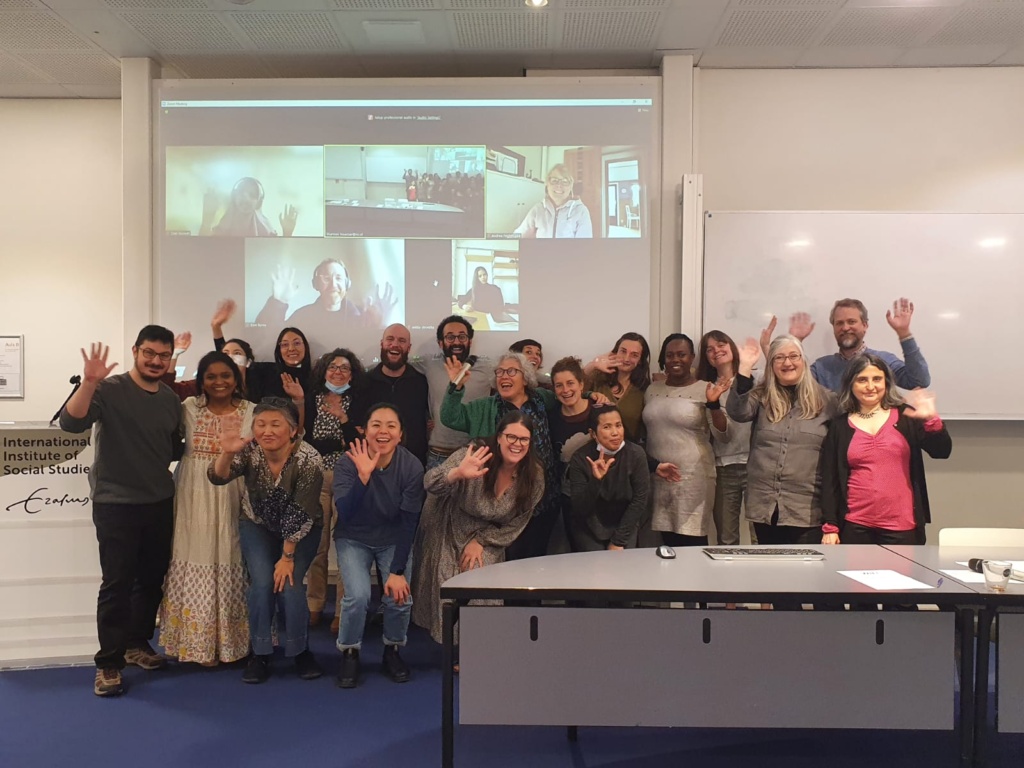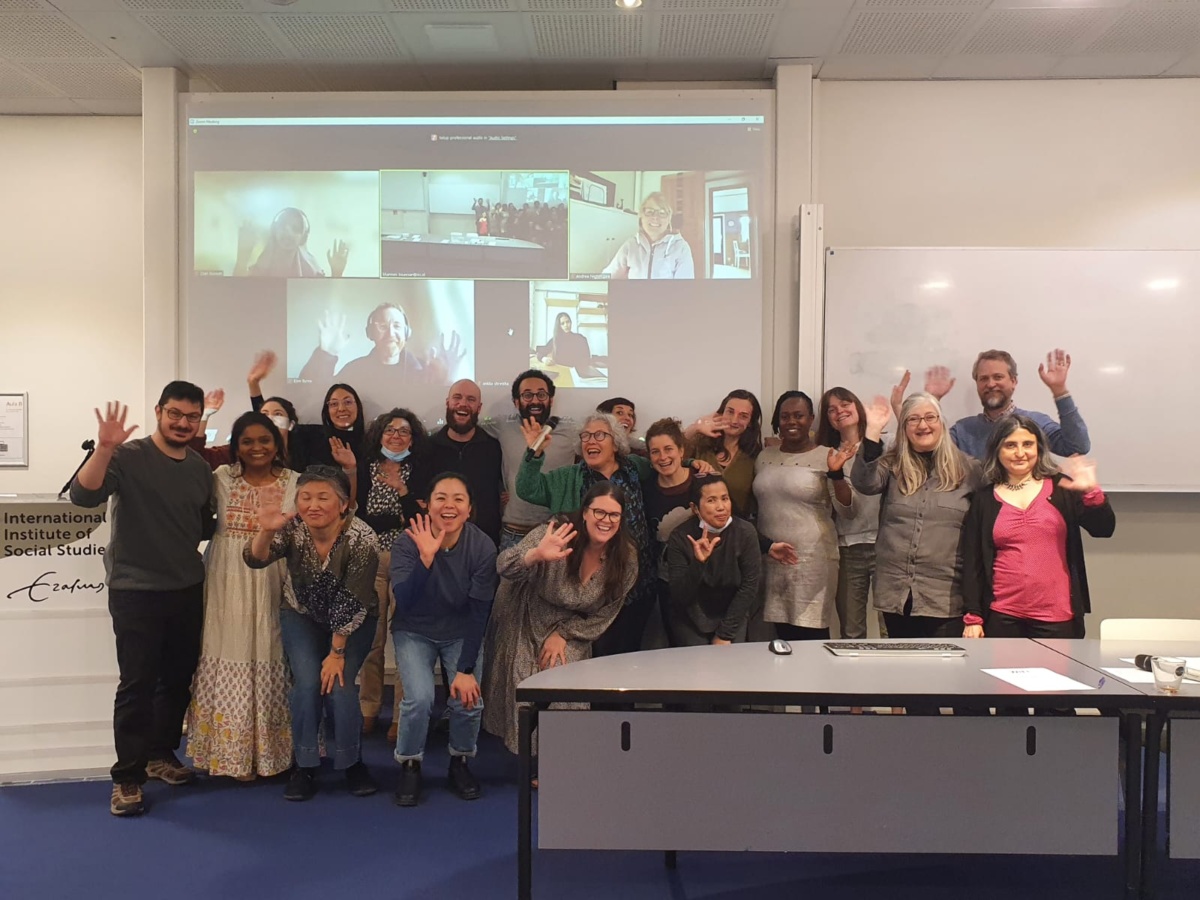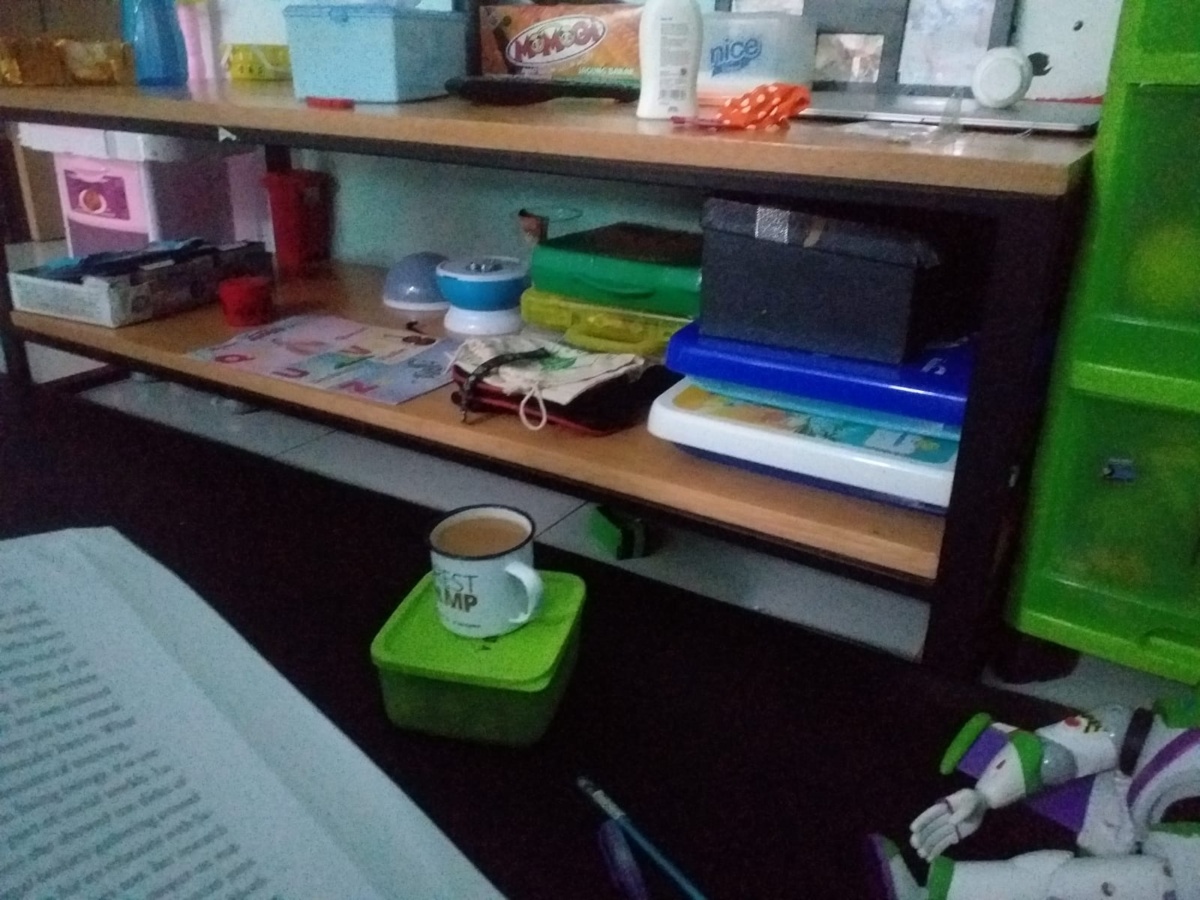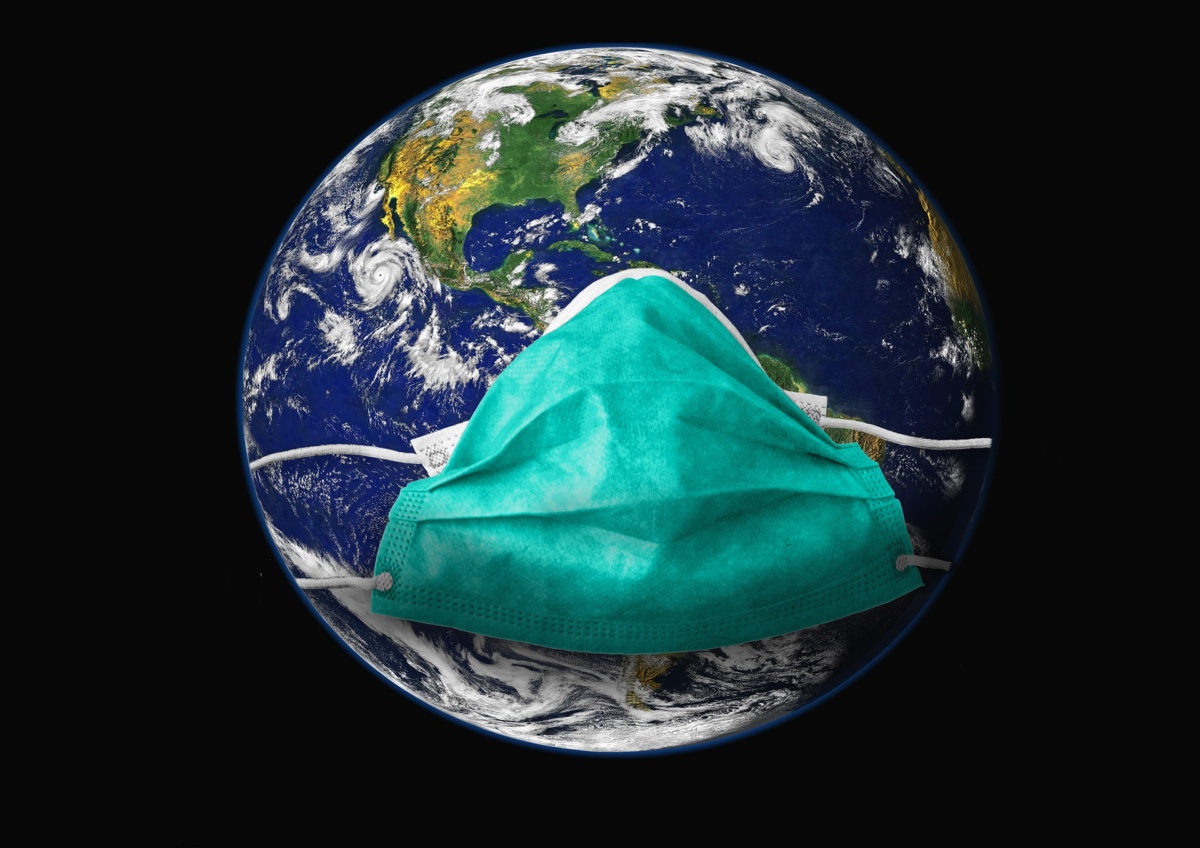The final WEGO training lab, attended in person by 20 people in The Hague in April, was a time to take stock of all that WEGO-ITN had achieved as well as to plan for the final months of WEGO-ITN as PhDs complete their thesis, and the network looked forward to what is to come.
The five days together allowed members of WEGO to reflect on the experience of being part of an ITN during an era of disruption – disruptions which are fast becoming the ‘new normal’. The training was a moment to consolidate what WEGO as a network has learnt about how to do meaningful and care-full research as the world faces on-going climate crisis, future pandemics, wars, economic and political uncertainty and reversals on gains made. The time together in The Hague was an opportunity to move forward, soberly aware and thankful that the network’s years together provided tools that will guide our individual and collective resilience in the future.
As the training lab showed, WEGO has kept going despite disruptions. It has adapted and innovated – and as the many website posts testify, WEGO has produced a lot. WEGO has built a network and made connections that have proved resilient. WEGO had to become experimental in it research approach and in the activities PhDs could do, proving to be flexible, dealing with individual, institutional and global uncertainties. WEGO found personal, academic and activist skills as it went virtual, and found ways to do research on-line, participating in many on-line dialogues, and reaching out to the people inside and outside the academe.
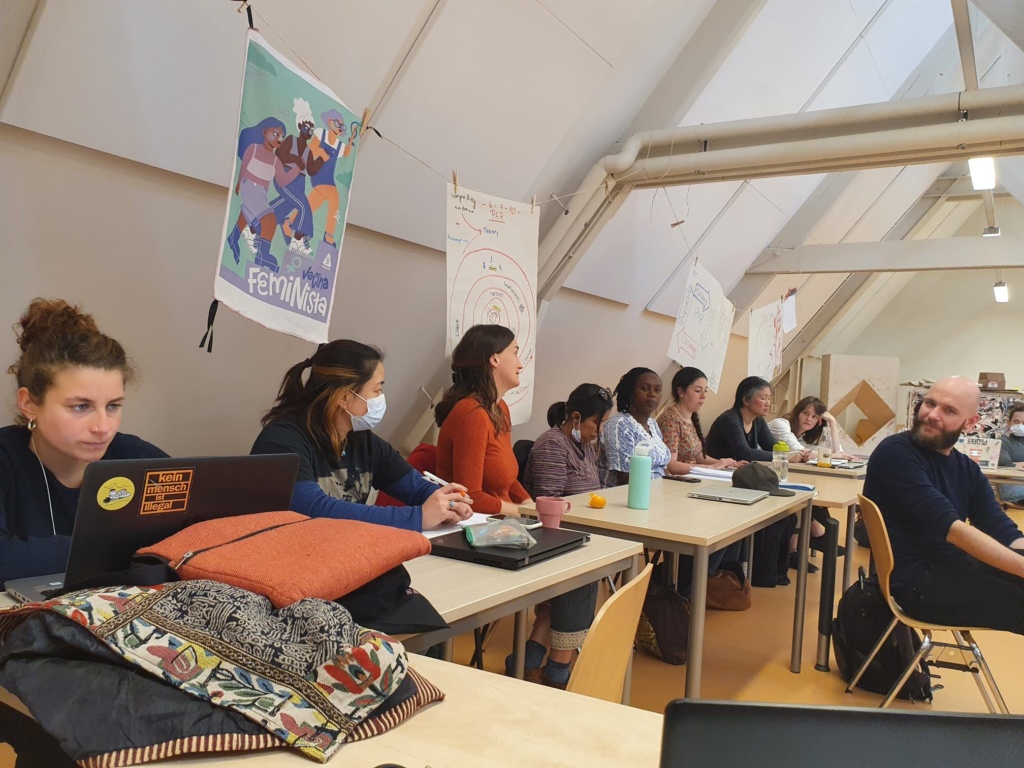
The flow of the meeting
The training lab proved to be valuable space to harvest the lessons on how WEGO individually and collectively learnt over this period to find resilience. The meeting was a hybrid one, physically taking place in the WEGO coordinating Institute – the International Institute of Social Studies of Erasmus University Rotterdam. The plenaries took place in the attic and big Aula and some of the class rooms where people could join on-line. As well as plenary discussions and working groups there were the face to face discussions in the ISS Butterfly Bar, including the launch of Feminist Methodology book. WEGO also frequented different local venues to eat together enjoying the different cuisines that an international community city like the ISS and the surroundings in the centre of the Hague can provide.
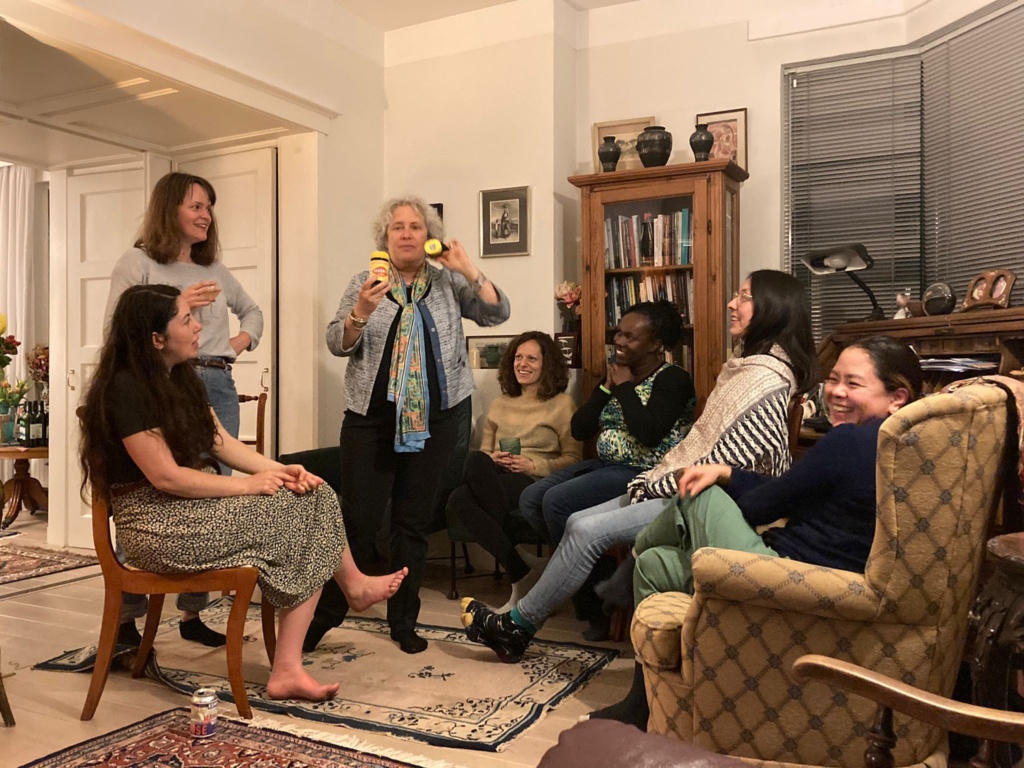
It was an intense few days together. For many of those who came to The Hague, it was the first face to face meeting after two and more years of Covid. Recognising that, participants tested each day and wore masks. Two PhDs and several mentors joined on-line for specific events and trainings. For those in The Hague it felt very special to be together. There were many walks and informal conversations. There was a chance to discuss the research of each PhD and mentor (the summaries of which were shared ahead of time) but also time to discuss the strategies of how we coped emotionally and need to continue coping in this new normal of living with Covid and climate crisis.
As well as plenary discussions and workshops there was also material for thinking creatively – with crochet and drawing and painting as well as clay available for those who wanted to use their hands while thinking and discussing. As a research network it was instructive to think about how each of us navigated the sudden disruptions and changes to what an ITN ‘should’ be as all academic and activists meetings and research went on-line. We discussed how we created new spaces such as on-line exhibitions, conferences, research meetings on-line, vlogging etc. We wondered if this was just about learning new tools or did it mean finding new ways to connect and do research? As a feminist network that spoke about care, did WEGO provide not only technological but also emotional support for ourselves and others to survive difficult times? What kinds of relationships did WEGO build, virtually, in-place – politically and culturally? How do we plan to give feedback to communities/ academic institutions/ allies/ EU administration?
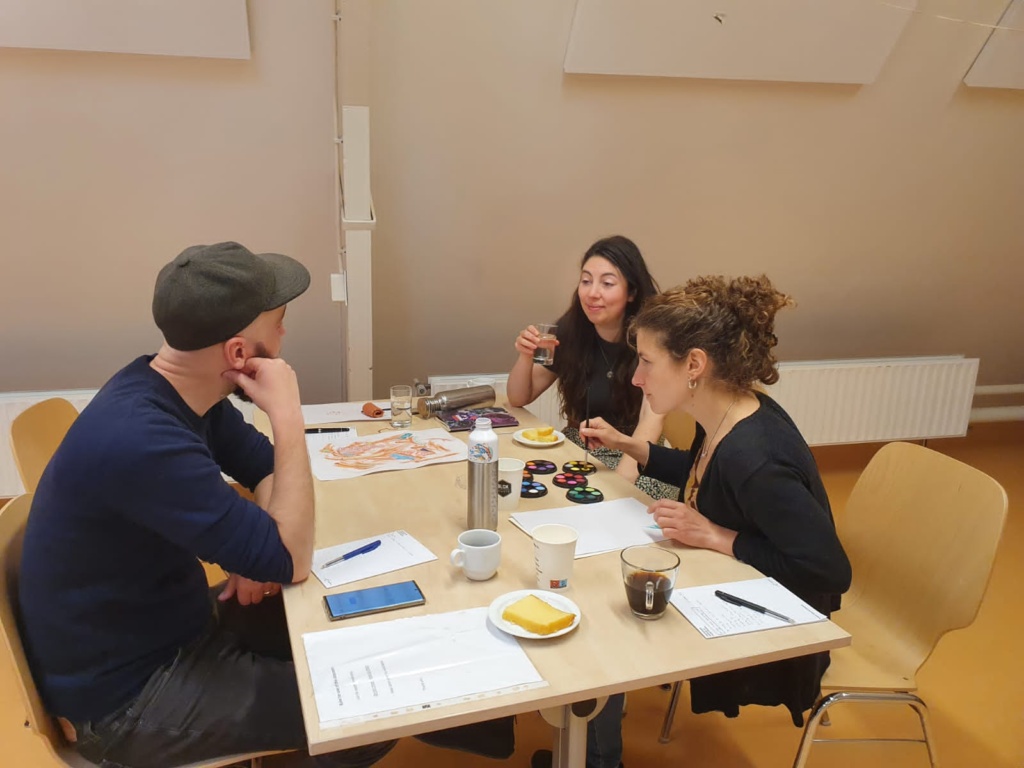
The Lab Programme
The 5 day programme was planned in the preceding monthly on-line meetings and via a shared google doc. The meeting reflected this collaborative process with a strong sense of inclusion and collective responsibility. Each day was designed to engage and focus on content and process, with space for many different kinds of conversations as well as time to enjoy each other’s company. Each day there was at least one (formal) social moment, most of them outside the ISS, including a trip down to the beach.

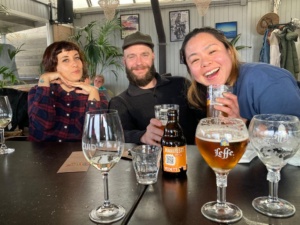
Day one was devoted to getting to know each other again and how we have engaged as a network of FPE scholars. The idea was a slow start with time to talk and discuss what has happened over the last years. The ombudsperson created some ground rules which were shared and discussed. In the first session her guidelines were established about how to respect and hold space for a creative learning time together ‘living the talk’ of a feminist network that centres relations of care.
Day two focused on the chapters of the FPE Contours book – with detailed feedback on the draft by other authors and chance for authors to meet together to discuss the required changes. The book will be out end of the year. See the latest table of contents:
Day three featured network business – ethics, an executive meeting and a discussion around the Ombudperson report on how we learnt to work as a network ‘with care’.
Day four was on skills building for the PhDs to complete their PhD and meet EU requirements. There was a parallel hybrid supervisory meeting where mentors shared what they learnt from WEGO and what direction they wanted the future of the network to take.
The ISS staff shared the following tips and tricks on how to do a funding proposal for the PhDs. See:
Day five looked at where WEGO will go as a network – putting together a ‘wish list’ and further reflections on how to give back to communities.
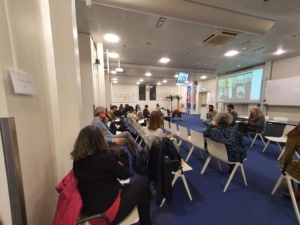
WEGO-ITN future research and networking
The concluding session put together the ideas for where the network can expand which was further elaborated in the June retreat (link to web report).
The following ideas for research and networking have emerged from WEGO to date and it was proposed they can be developed over the next two years.
Collaborative teaching and writing
- develop FPE on-line course/collective teaching curriculum/ teaching tools/ videos etc.
- organise an annual encounters /writing retreats/ learning how write for different audiences
Researching further topics such as:
- Feminism as transformation
Feminist theory; Feminist and subaltern movements and Intersectional feminist ethics of care) - Alternatives to capitalism/mainstream development processes
Degrowth; Decoloniality (indigenous cosmologies); Pluriverse (post development); Community economies and Commoning - Climate justice and critical agrarian studies
Climate colonialism; extractivism; Gender and pastoralism; Politics of food and Farming and necropolitics - Body politics
Embodiment, health and technologies; Ageing and generations; crip politics and ableism; Sexual and reproductive justice; population and kinning - More-than-human relations
Co-becoming with water; Earthcare; Learning otherwise and Queer ecologies
Engaging with communities:
- organise dissemination workshops
- do podcasts, radio shows
- design FPE comics/zines/school modules
- write stories for non-academic audiences
- write timely policy briefs
- translate FPE to and from different languages
- plan subversive research actions (ie guerilla archeology)
Networking
- support exchanges among WEGOinstitutions and partners for future research projects
- consolidate relations with research partners already engaged with WEGO such as degrowth, Undisciplined Environments, CERN, POLLEN, Decolonial Cost Action etc.
- join partners’ summer schools/ seminars/conferences/encounters/campaigns/
- Expand to more places in the Global South (To date the network has institutional links in the Global North: The Netherlands, Italy, Germany, UK, Spain, Norway, US, Canada, Australia, New Zealand, Japan – and Global South: Argentina, Mexico, Uruguay, India, Nepal, Indonesia, Kenya, South Africa.
